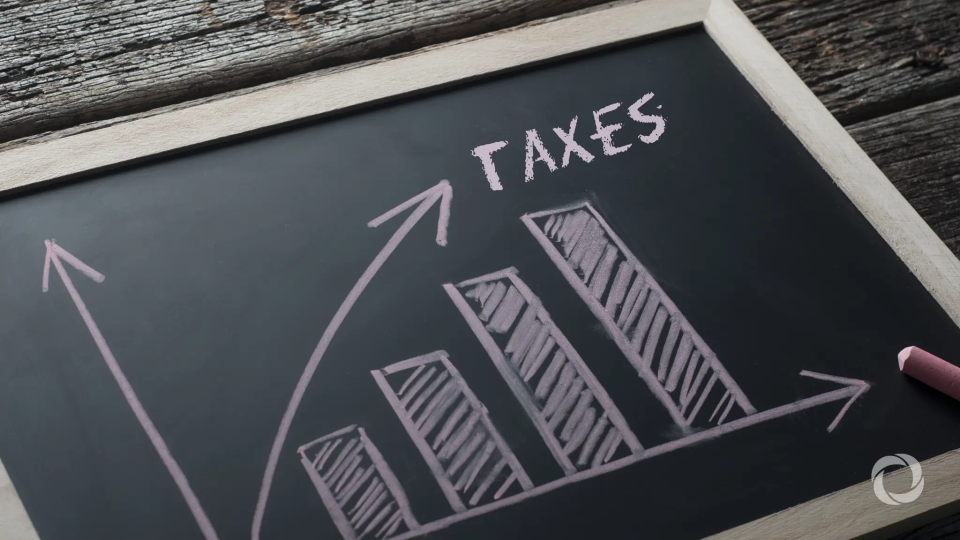Governments across 86 countries increased tax revenues in 2024 to address rising health expenses and population aging, marking a shift toward strengthening social protection systems for long-term sustainability, according to a new OECD report. The tenth annual Tax Policy Reforms study shows many nations raised social security contribution rates to fund current and future spending linked to demographic changes. Countries moved away from broad pandemic-era tax relief toward targeted rate increases and focused support measures across core tax areas.
Rising healthcare costs and aging populations drove much of the revenue push as governments faced mounting fiscal pressures. Many countries also expanded personal income tax relief to boost employment among specific groups or sectors, trying to offset some effects of demographic shifts. The changes reflect a broader rebalancing of public finances after years of emergency spending during COVID-19 and subsequent inflation periods.
OECD Secretary-General Mathias Cormann said tax policies had served as stabilizing tools during recent shocks. “Governments are now introducing tax reforms to rebalance public finances, a welcome step to ensure fiscal sustainability, prepare for future challenges and adapt to long term structural transformations,” he noted. Countries continued rolling back temporary VAT cuts from the inflation period while some raised standard rates as price pressures eased.
Health-focused excise taxes gained momentum as governments increased levies on tobacco, alcohol, and sugary drinks to raise revenue while promoting better lifestyles. Many nations also ended temporary fuel tax relief and moved toward higher excise taxes. High-income countries strengthened carbon pricing for the second straight year, expanding rates and scope to new sectors.
he report shows countries increasingly used tax policy to support clean energy transitions, combining carbon pricing with targeted incentives like reduced VAT on solar panels and corporate tax breaks for green investments.

